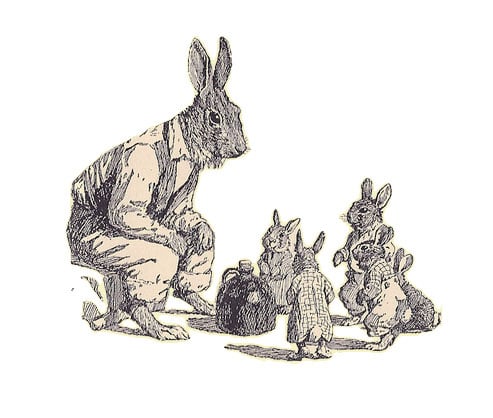
Stories & Recollections
The Gullah language is the only distinctly African American creole language in the United States. It has indirectly influenced the vocabulary of the American South and has contributed to traditional Southern speech patterns.
Gullah: “E tru mout”
English: “He true mouth”
Means: The speaker is referring to someone who doesn’t lie.
Gullah: “Milk ain’t dry off e mout yet.”
English: “Milk in his mouth isn’t even dry yet.”
Means: Describing someone who is young.
Gullah: “Mah head leab me”
English: “My head left me”
Means: I forgot or I am forgetful.
Gullah: “Evry frog praise e ownt pond.”
English: “Every frog praises (favors) his own pond.”
Means: Everyone favors his own house.
Gullah: “Mus tek cyear a de root fa heal de tree.”
English: “Take care of the roots in order to heal the tree.”
Means: What is hidden can be very important.
Gullah as a Language
The Gullah language, typically referred to as “Geechee” in Georgia, is technically known as an English-based creole language, created when peoples from diverse backgrounds find themselves thrown together and must communicate. Through research it has also been found that there is in particular, a strong connection between the Gullah language and the Krio language spoken in Sierra Leone. This is the native language of the Krios, the descendants of freed slaves, but it is also their national language, the most commonly spoken language in Sierra Leone today.
The word, “Gullah” is thought to be derived from “Angola”, as many slaves originated from that part of Africa, or “Gola” a tribe on the Sierra Leone-Liberia border. Listen and be mesmerized by beautiful, lilting “song language” of Gullah.
Trixter Tales
The Gullah possess a rich tradition in storytelling, where animals, people and even God play roles in beloved stories that have been passed down through generations. Akin to the Africa-based “trixter tales”, Gullah fables often center on animals taking on human personalities and finding themselves in predicaments sometimes outlandish, and always humorous. Watch out though, you may just learn something!
Recollections
Again, as the Gullah who lived on the Sea Islands, like Hilton Head Island, were permitted more self-sufficiency and freedom due to their relative isolation, their language and myth traditions likewise continued to evolve, enduring much longer than their mainland counterparts. It is due to this ‘miracle of isolation’ and to those who continued to embrace ‘the old ways’, that the Gullah and their culture has survived into the 21st century.
Peek into the intriguing world of the Gullah through the recollections of actual Gullah residents from Hilton Head Island and its environs:

